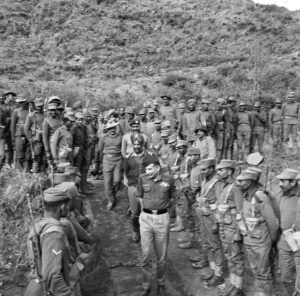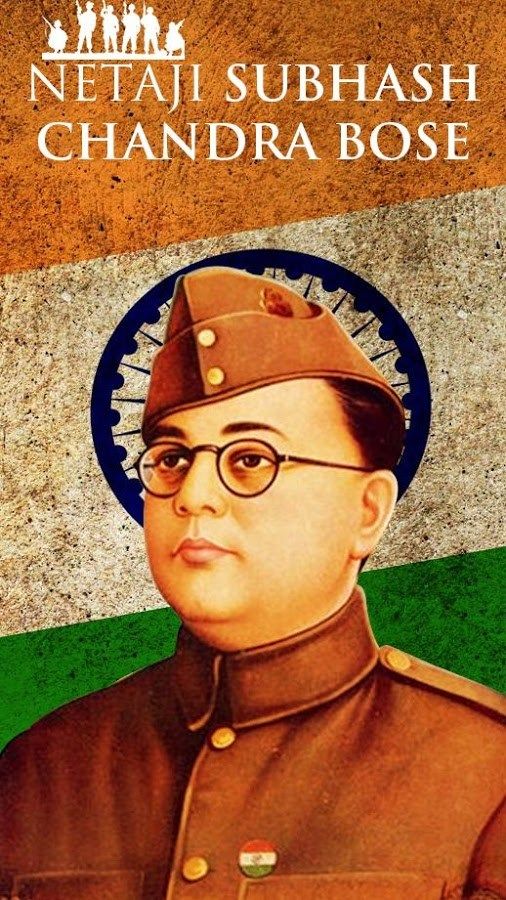India First Field Marshal
Sam Manekshaw
Sam Manekshaw joined the army fueled by a sense of determination. He played a crucial role in the events of 1971, driving out Pakistan and contributing to the creation of Bangladesh. This is the story of Sam Bahadur. This article explores how Manekshaw, with his unstoppable bravery, elevated the country’s army to new heights.
Widely known as Sam Manekshaw
Field Marshal Sam Hormusji Framji Jamshedji Manekshaw, widely known as Sam Manekshaw, was an illustrious military leader whose remarkable career spanned various critical periods in Indian history. His excellent leadership, smart strategies, and strong dedication to the country’s defense made him a famous figure in the Indian Army.
Early Life and Education
Rise Through the Ranks
Manekshaw’s exceptional abilities and leadership qualities propelled his rise through the ranks of the Indian Army. His strategic insights and commitment to his duties earned him respect and admiration from his peers and superiors.
Commissioned into the British Indian Army in 1934, Manekshaw embarked on a distinguished military career that would span several decades.
Key Roles and Contributions: Fought Five Wars

His military career encompassed numerous significant roles and contributions:
1. World War II:
- During World War II, Manekshaw saw action in different theatres, exhibiting bravery and tactical prowess.
- He served in Burma and Iraq, gaining valuable experience and recognition for his leadership skills.
2. 1947 Indo-Pakistani War:
- Manekshaw played a vital role in the conflict between India and Pakistan following independence. His leadership during this period showcased his tactical acumen and dedication to the nation.
3. Various Command Positions:
- He held several crucial positions in the army, displaying exemplary leadership and strategic thinking. His roles included serving as the Eighth Chief of the Army Staff of the Indian Army in 1969.
4. 1962 Sino-Indian War:
- During this conflict, Manekshaw’s expertise and efforts were focused on safeguarding India’s borders and protecting the nation’s interests.
5. 1971 Indo-Pakistani War and Bangladesh Liberation:
- His leadership during this war was monumental. Manekshaw’s strategies and command were instrumental in India’s decisive victory, leading to the creation of Bangladesh.
- His meticulous planning and execution contributed significantly to the success of the military operations against Pakistan.
Awards and Recognitions:
Manekshaw received several accolades and honors for his exceptional service, including the Padma Bhushan and Padma Vibhushan, two of India’s highest civilian awards.
- In recognition of his distinguished service and leadership, he was bestowed with the prestigious rank of Field Marshal, the highest military rank in India.
How he become Sam Bahadur?

As per one of Manekshaw’s interview – he once visited a battalion of 8 Gorkha Rifles in July 1969.
Manekshaw walked up to a Gorkha soldier and asked him his name. The soldier, without feeling intimidated by the officer’s rank, said his name was “Harka Bahadur Gurung.”
Manekshaw then asked him if he knew his name. After a moment’s pause, the soldier replied, “Sam Bahadur.” This eventually became Manekshaw’s nick name “Sam Bahadur.”
Later Life and Passing:

After retiring from the army, Manekshaw remained an esteemed and respected figure in Indian society.
He passed away on June 27, 2008, leaving behind an indelible mark on India’s military history.
His contributions to the country’s defense and his legacy as a visionary military leader continue to be celebrated and revered.
Throughout his life, Field Marshal Sam Manekshaw exemplified the highest standards of military leadership, leaving behind an enduring legacy that continues to inspire and influence the Indian Armed Forces. His strategic brilliance, valor, and unwavering dedication to the nation’s security make him an iconic figure in India’s military history.
Thanks
Never Stop Learning!









